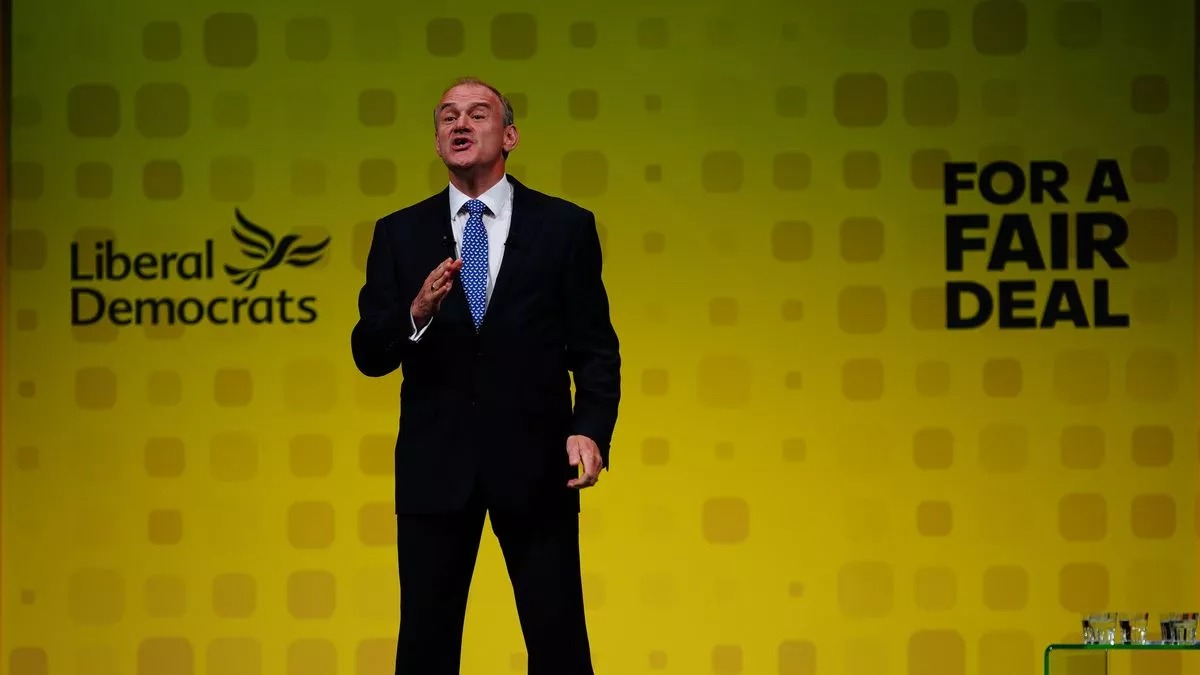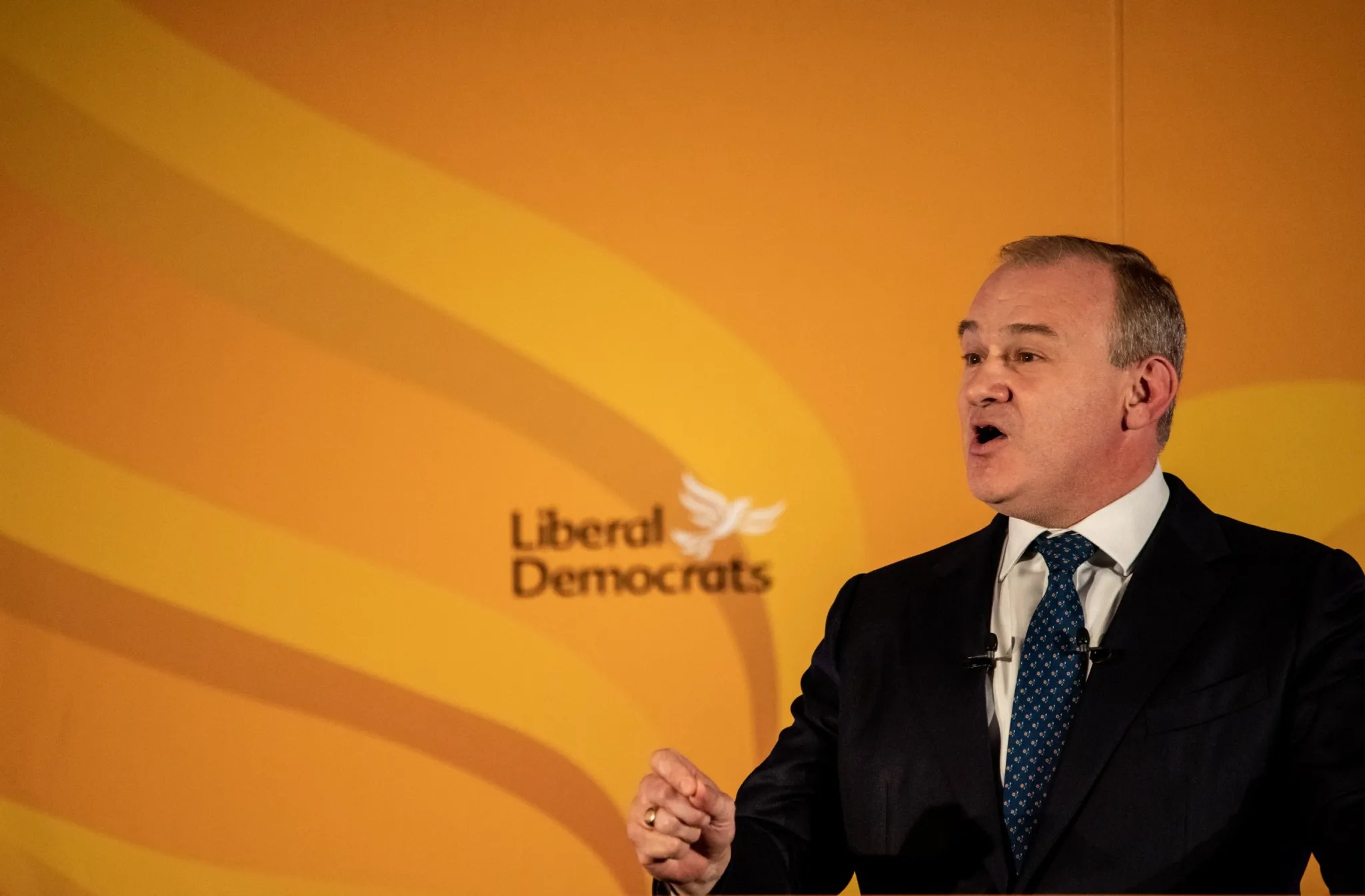The Liberal Democrats are strategizing to enhance their role as a credible opposition to a potential Labour government. They plan to bolster their presence in the House of Commons and advocate for bolder legislative changes.
While the party may not secure enough seats to form a government in the upcoming general election, they anticipate gaining more seats in Parliament, which could significantly influence legislative decisions and hold the government accountable.
The party’s focus remains on maximizing its electoral success. It aims to surpass the Scottish National Party (SNP) to become the third-largest party in Parliament.

This would grant them more significant influence, including the opportunity to chair influential select committees. Some Liberal Democrat MPs aspire to run for committee chairs to contribute to shaping legislation and scrutinizing the government effectively.
At a recent conference in York, attended by members, campaigners, candidates, and parliamentarians, the prevailing message was to oust the Conservatives from power. Former party leader Tim Farron emphasized removing what he called “the worst government in our lifetimes.”
He also highlighted the need for the Liberal Democrats to play a crucial role in pushing a Labour government towards bold action on crucial issues such as climate change, health, social care, and foreign policy.
Farron expressed concerns that a Labour government might hesitate to implement radical policies due to fears of electoral consequences and fiscal constraints.
He criticized Labour’s perceived lack of ambition and warned against the emergence of extremist ideologies in response to unresolved societal challenges.

Despite their differences, Farron emphasized the importance of constructive opposition and collaboration with Labour on key issues such as social care.
He proposed that a larger contingent of Liberal Democrat MPs could provide “cover” for Labour to pursue more radical policies, ultimately benefiting the public.
While the Liberal Democrats reject forming a coalition government, some MPs acknowledge the potential for collaboration with Labour on specific policy areas. They see themselves as intermediaries between the two parties and are willing to contribute policy proposals to advance shared objectives.
However, the party remains cautious about looking beyond the upcoming general election, mindful of past electoral setbacks. Senior figures prioritize winning winnable seats and building momentum for future elections.
They aim to win marginal seats to exert more significant influence in Parliament, secure media coverage, and expand public support nationwide.
The Liberal Democrats’ mission revolves around dismantling the Conservative stronghold, appealing to disenfranchised voters disillusioned with the political establishment.
They hope to regain support from former voters who abandoned the party over its stance on Brexit, particularly in regions like the West Country.
The Liberal Democrats aim to maintain their core values and priorities regardless of the governing party. They aspire to be a formidable force in Parliament, advocating for progressive policies and holding the government to account for the public’s benefit.


